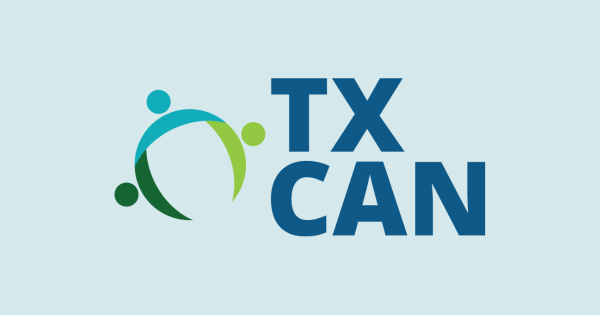- Special Programs
- LID/CAN - Home
Low Incidence Disabilities/Complex Access Needs
Page Navigation
-
 Texas Complex Access Network - TX CAN
Texas Complex Access Network - TX CAN TX CAN serves students with significant cognitive disabilities, their teachers, and their families. While the Individuals with Disabilities Education Act (IDEA) establishes 3 disability categories, significant cognitive disability is not one of them. A single, specific disability category cannot identify students with a significant cognitive disability. Instead, this population is often identified by their need for intensive, targeted support to access the curriculum. This network exists to develop resources and training to enable educators and families to identify and implement appropriate support.
Education Service Center Region 11 serves as a member of the Texas CAN statewide network and provides technical assistance and training for educators, parents, and other stakeholders to identify strategies for meeting the complex and intensive educational and functional needs of students with significant cognitive disabilities. For information about ongoing professional development opportunities, consult the ESC Region 11 online workshop catalog.
-
Low Incidence Disabilities (LID)
The United States Department of Education (USDE) defines low incidence disabilities a “visual or hearing impairment or simultaneous visual and hearing impairments, a significant cognitive impairment or any impairment for which a small number of personnel with highly specialized skills and knowledge are needed in order for children with that impairment to receive early intervention services or a free and appropriate education” (FAPE). IDEA Section 662, 20 U.S.C. § 1462 (c)(3)
The Texas Education Agency (TEA) further defines a significant cognitive impairment as “a student who exhibits significant intellectual and adaptive behavior deficits in their ability to plan, comprehend, and reason, and also indicates adaptive behavior deficits that limit their ability to apply social and practical skills such as personal care, social problem-solving skills, dressing, eating, using money, and other functional skills across life domains; is not identified based on English learner designation or solely on the basis of previous low academic achievement or the need for accommodations; and requires extensive, direct, individualized instruction, as well as a need from substantial supports that are neither temporary nor specific to a particular content area.
Region 11 offers staff development and technical assistance to support local education agencies (LEA) in the area of low incidence disabilities and the assistive technology (AT) often used by this population of students.
Staff development topics related to the instruction of students with low incidence disabilities include updates to state and federal regulations and/or guidelines, instructional strategies and evidence-based practices, educational and instructional resources, and current research.
Technical assistance may include support in Active Learning, coaching, classroom support, identifying and/or assessing students' individualized needs. PLAAFP and goal writing for IEPs etc. Technical assistance may include support or guidance through AT evaluation process and AT recommendations. However, Region 10 does not conduct individual student AT evaluations. Click the button below to request assistance and you will be contacted soon.

